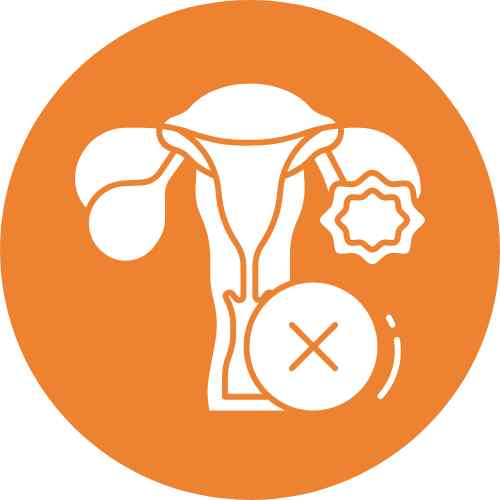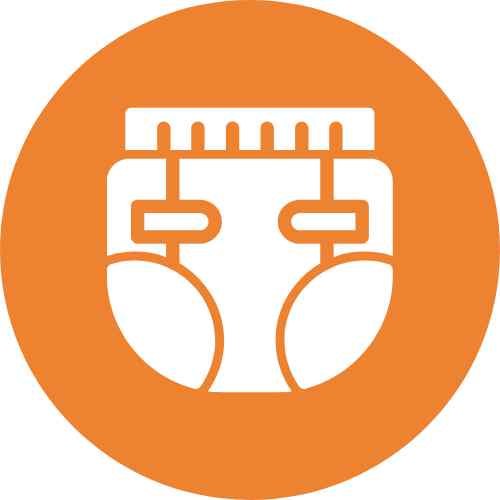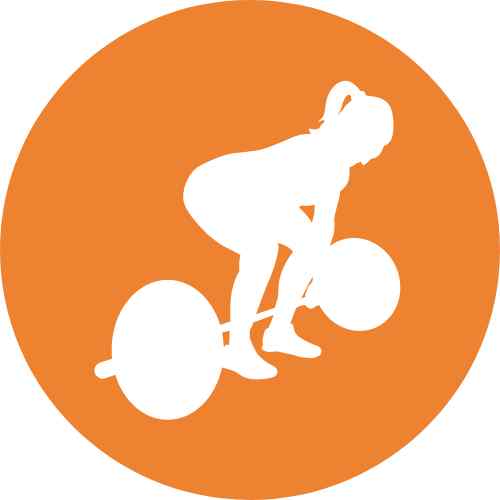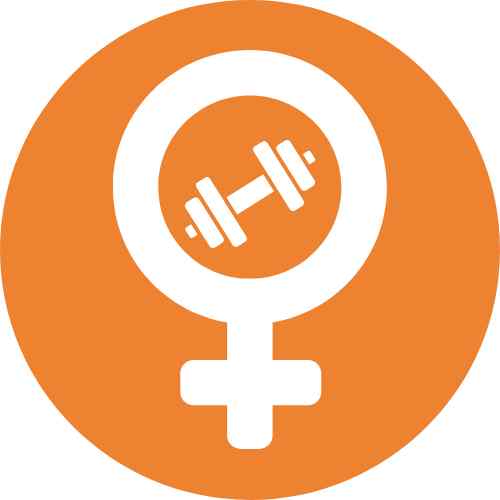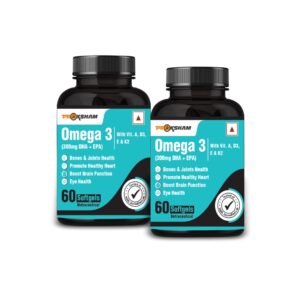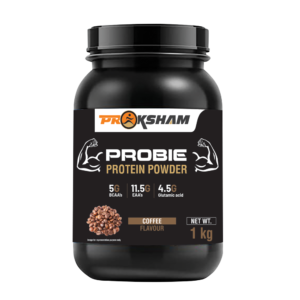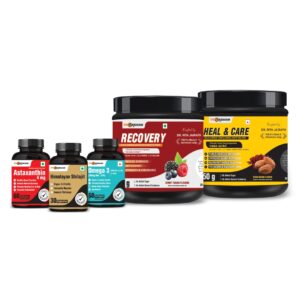PRODUCT OVERVIEW
Benefits
Creatine monohydrate provides a myriad of benefits that contribute to enhanced athletic performance. Some key advantages include:
- Increased Muscular Strength: Creatine supplementation has shown to bolster strength levels, allowing individuals to push their limits during resistance training.
- Improved Exercise Performance: Athletes engaging in high-intensity, short-duration activities experience enhanced performance, making creatine monohydrate a popular choice among sprinters, weightlifters, and high-intensity interval training enthusiasts.
- Enhanced Muscle Recovery: Creatine aids in replenishing adenosine triphosphate (ATP), the primary energy currency of cells, facilitating quicker recovery between bouts of exercise.
- Muscle Volume and Fullness: Creatine promotes water retention within muscle cells, leading to increased cell volume, which can contribute to a fuller, more muscular appearance.
- Cognitive Benefits: Emerging research suggests that creatine monohydrate may have cognitive benefits, influencing aspects of brain function and reducing mental fatigue during exhaustive tasks.
Ingredients
Creatine Monohydrate (100%)
Suggested Use
Add 1 scoop of powder (Approx. 3 g) to 300 ml of water or your favourite sports drink, stir well, and drink immediately. Consume an ample amount of water while taking this product. Drink once a day or as per the recommendation by your healthcare professional. Not to exceed recommended daily usage.
Why Choose Proksham
If you’re seeking purity and effectiveness, opt for Proksham’s Creatine Monohydrate. Our supplement stands out with its commitment to providing 100% pure creatine, ensuring that you receive the full benefits without any unnecessary additives.
Meticulously formulated to meet the highest standards, Proksham’s Creatine offers a precise blend that supports optimal muscle strength, energy production, and overall athletic performance. Choosing our creatine supplement means prioritizing quality and a straightforward approach to enhancing your fitness regimen.
Busting Common Myths

The notion that women shouldn't take creatine is a myth. Creatine is safe and effective for women, just like men, in enhancing performance and muscle growth. Research indicates that women can benefit from creatine supplementation without adverse effects, helping them achieve their fitness goals and improve athletic performance.
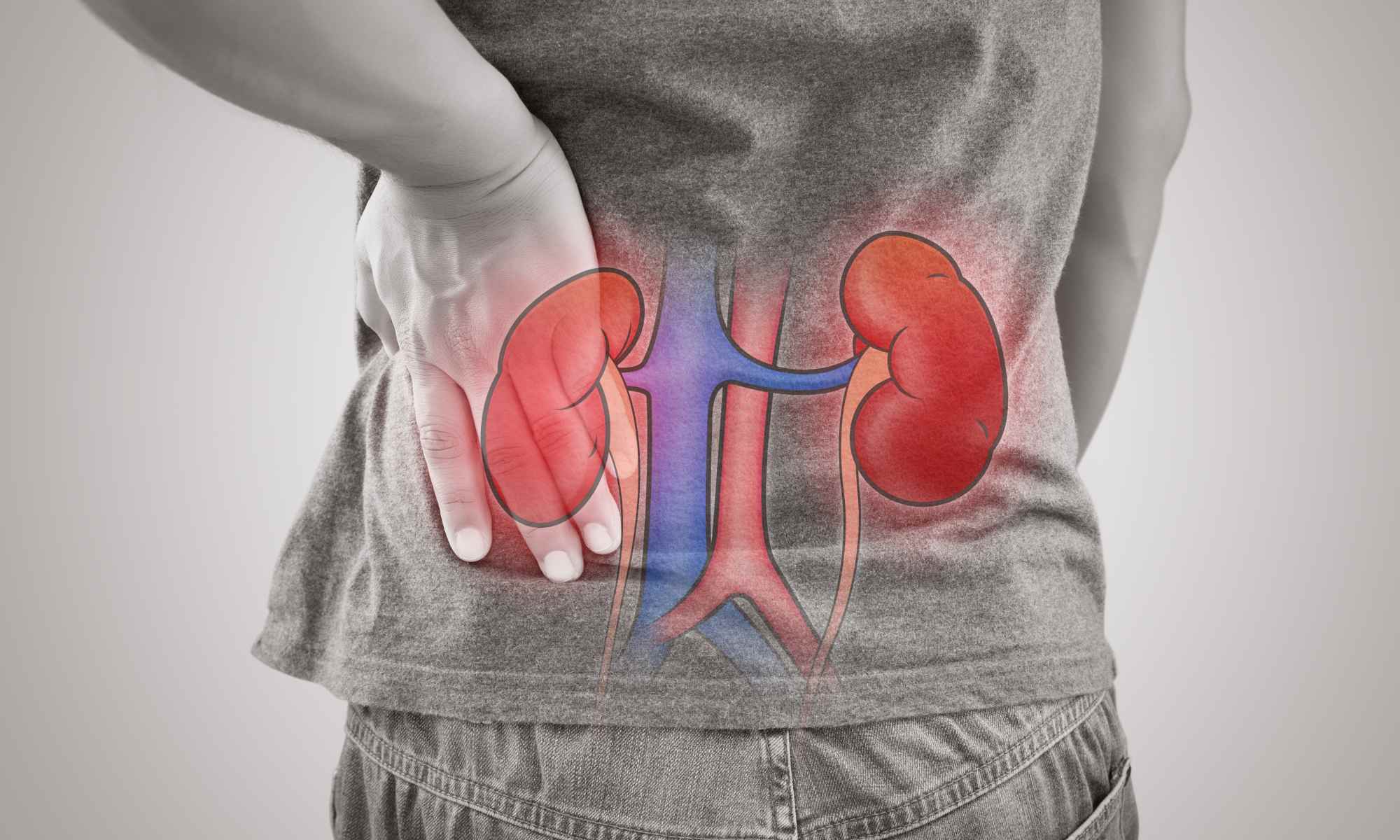
Despite widespread misconceptions, research indicates that creatine supplementation does not pose a significant risk to kidney health in healthy individuals. Numerous studies have demonstrated that moderate creatine intake, within recommended dosage guidelines, is safe and does not adversely affect kidney function.
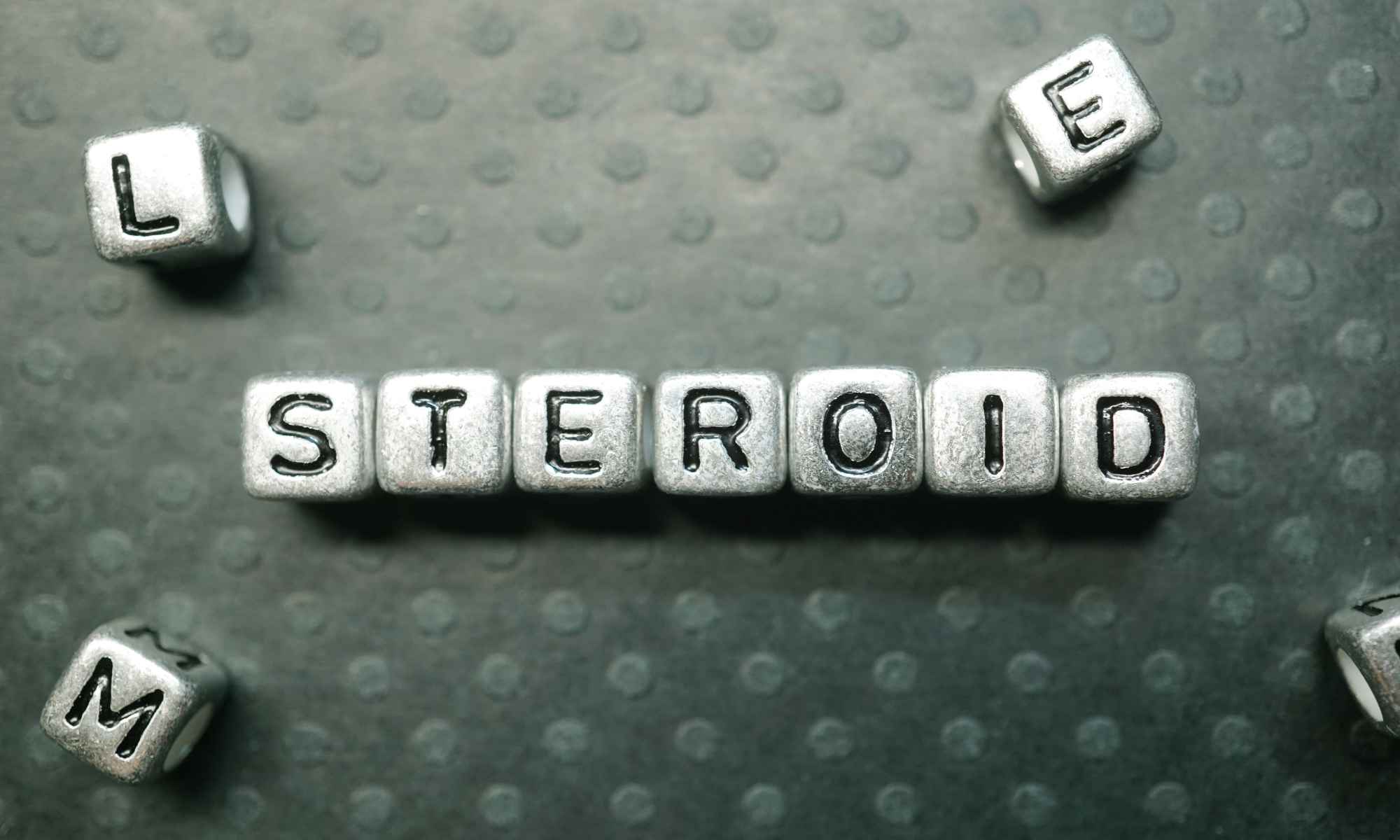
Creatine is often mistakenly associated with steroids due to its popularity among athletes seeking performance enhancement. However, creatine is a naturally occurring compound found in foods like meat and fish. It functions differently from steroids, primarily enhancing energy production in muscles rather than influencing hormone levels like steroids do.

The myth that creatine causes significant water retention is exaggerated. While it may lead to some initial water retention within muscle cells, it's typically temporary and minimal. This effect can actually contribute to muscle fullness and strength, rather than causing significant bloating or water weight gain.

Contrary to the myth, creatine itself doesn't directly cause weight gain. While it may lead to water retention initially, it's temporary and typically minimal. Creatine primarily enhances muscle strength and performance, not fat accumulation. Combined with exercise, it can contribute to lean muscle mass development, not overall weight gain.

The notion that creatine causes cramps lacks substantial evidence. Studies indicate no direct link between creatine supplementation and muscle cramps. In fact, creatine may even help prevent cramps by enhancing muscle hydration and function. Proper hydration and balanced electrolyte levels are more likely contributors to cramp prevention.
FREQUENTLY ASKED QUESTIONS
What is Creatine
Creatine is a well-established element in sports nutrition, recognized for its significant influence on physical performance. It plays a crucial role in energy metabolism, particularly during high-intensity, short-duration activities such as weightlifting and sprinting.
What is Creatine Monohydrate
Creatine monohydrate, the most researched and widely used form of creatine supplement, consists of creatine molecules bound to a water molecule, facilitating easy absorption in the body. Renowned for its safety and efficacy, creatine monohydrate is a go-to choice for athletes and fitness enthusiasts.
Why Take A Creatine Monohydrate Supplement
While creatine is naturally present in small amounts in certain foods like red meat and fish, achieving optimal levels solely through dietary sources may be challenging. Creatine supplements, especially in the form of creatine monohydrate, offer a convenient and efficient way to ensure an adequate intake for those seeking performance benefits.
When to Take a Creatine Monohydrate Supplement
The timing of creatine supplementation is crucial for maximizing its effectiveness. Many athletes prefer to take creatine either before or after their workouts to ensure that it is readily available to support muscle contraction and recovery. However, research has shown that the timing of creatine ingestion is less critical than consistent daily supplementation over time. Therefore, it can be taken at any time of the day, depending on individual preferences and convenience.
How Does Creatine Supplementation Work
Creatine supplementation increases phosphocreatine stores, the reservoir of high-energy phosphates in cells. During high-intensity activities, such as weightlifting or sprinting, phosphocreatine releases energy to help regenerate ATP, the immediate energy source for muscle contractions. This process enhances overall energy availability during intense exercise, leading to improved performance.
Does Creatine Have Any Negative Health Effects?
Creatine is among the most researched supplements in the sports nutrition category over the last 20 years. There is no compelling scientific evidence that the short- or long-term use of creatine monohydrate has any detrimental effects on otherwise healthy individuals and the only side effect seems to be potential weight gain.
However, if adequate water intake is not maintained, some potential side effects may include gastrointestinal discomfort, muscle cramping, and dehydration. It is essential to stay hydrated when supplementing with creatine to prevent these side effects.
How Does Creatine Boost Strength?
Creatine is renowned for its ability to enhance strength due to its impact on adenosine triphosphate (ATP) production. ATP is the primary energy source for muscle contractions during high-intensity exercise. By increasing the body’s stores of phosphocreatine, creatine supplements help regenerate ATP more rapidly, allowing muscles to perform at a higher intensity for longer durations. This leads to improved strength and power output during resistance training sessions. Additionally, creatine supplementation has been shown to promote muscle hydration, further supporting strength gains by increasing cell volume and enhancing muscle fibre recruitment.
How Does Creatine Boost Performance?
Creatine boosts performance by increasing the body’s stores of phosphocreatine, a crucial compound for rapid energy production during high-intensity activities. With more phosphocreatine available, the muscles can regenerate adenosine triphosphate (ATP) more efficiently, providing a rapid and sustained energy supply for intense exercise. This enhanced energy production enables athletes and fitness enthusiasts to push harder and longer during workouts, resulting in improved performance across various activities, including strength training, sprinting, and high-intensity interval training. Moreover, creatine supplementation has been linked to increased muscle mass, reduced fatigue, and enhanced recovery, further contributing to overall performance improvements.
Why Is Creatine Beneficial For Brain Focus?
Research suggests that creatine supplementation may enhance brain energy metabolism, improve memory, and support overall cognitive function. By increasing the availability of energy-rich compounds in the brain, such as phosphocreatine, creatine supplementation may help enhance mental clarity, focus, and concentration. Moreover, creatine has neuroprotective properties, which may help reduce oxidative stress and inflammation in the brain, potentially mitigating age-related cognitive decline and supporting brain health. This makes creatine a promising supplement for individuals looking to boost their cognitive performance and maintain brain function.
How Can Creatine Help With Incontinence?
While primarily known for its benefits in muscle building and athletic performance, creatine may also offer advantages for managing incontinence. Creatine supplementation has shown promise in improving pelvic floor muscle function, which is crucial for controlling bladder and bowel movements. By enhancing muscle strength and endurance in the pelvic floor region, creatine may help reduce symptoms of urinary and faecal incontinence. Additionally, creatine’s role in supporting overall muscle health and function could contribute to better control and coordination of bladder and bowel muscles, potentially leading to improved continence outcomes for individuals experiencing these issues.
Why Is Creatine Beneficial For The Reproductive System?
Emerging research suggests that creatine supplementation may have potential benefits for addressing reproductive system issues in both men and women. Creatine plays a crucial role in energy production, and studies indicate that it may enhance sperm quality and motility in men, potentially improving fertility outcomes. Additionally, creatine supplementation has been associated with increased levels of antioxidants, which can help reduce oxidative stress and inflammation in the reproductive organs. In women, creatine may support healthy hormonal balance, which is essential for reproductive health. However, more research is needed to fully understand the effects of creatine on reproductive system issues.
Customer Reviews
Sorry, no reviews match your current selections5 star 0% 4 star 0% 3 star 0% 2 star 0% 1 star 0%










